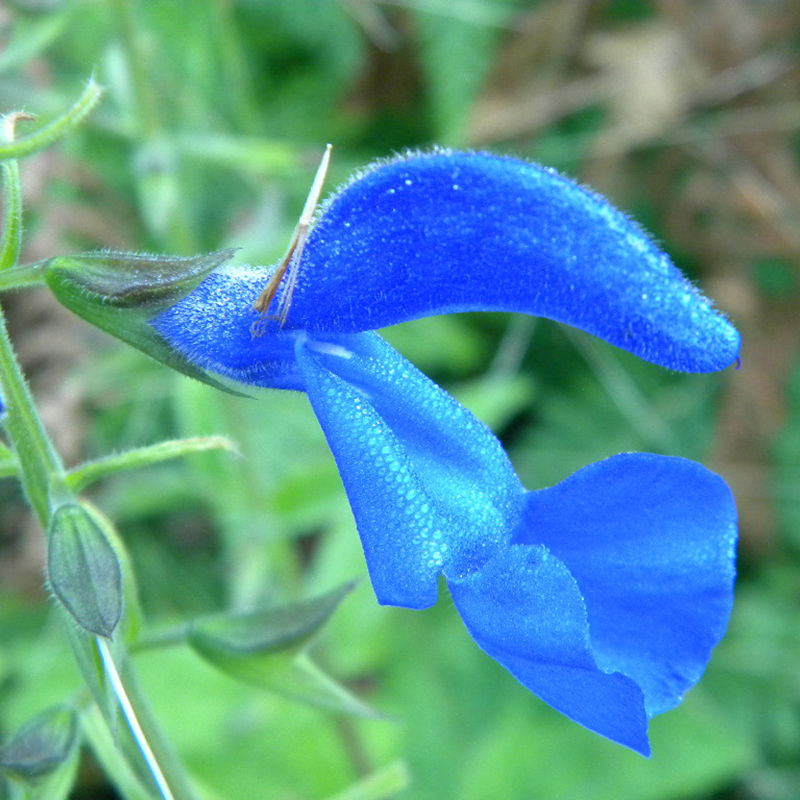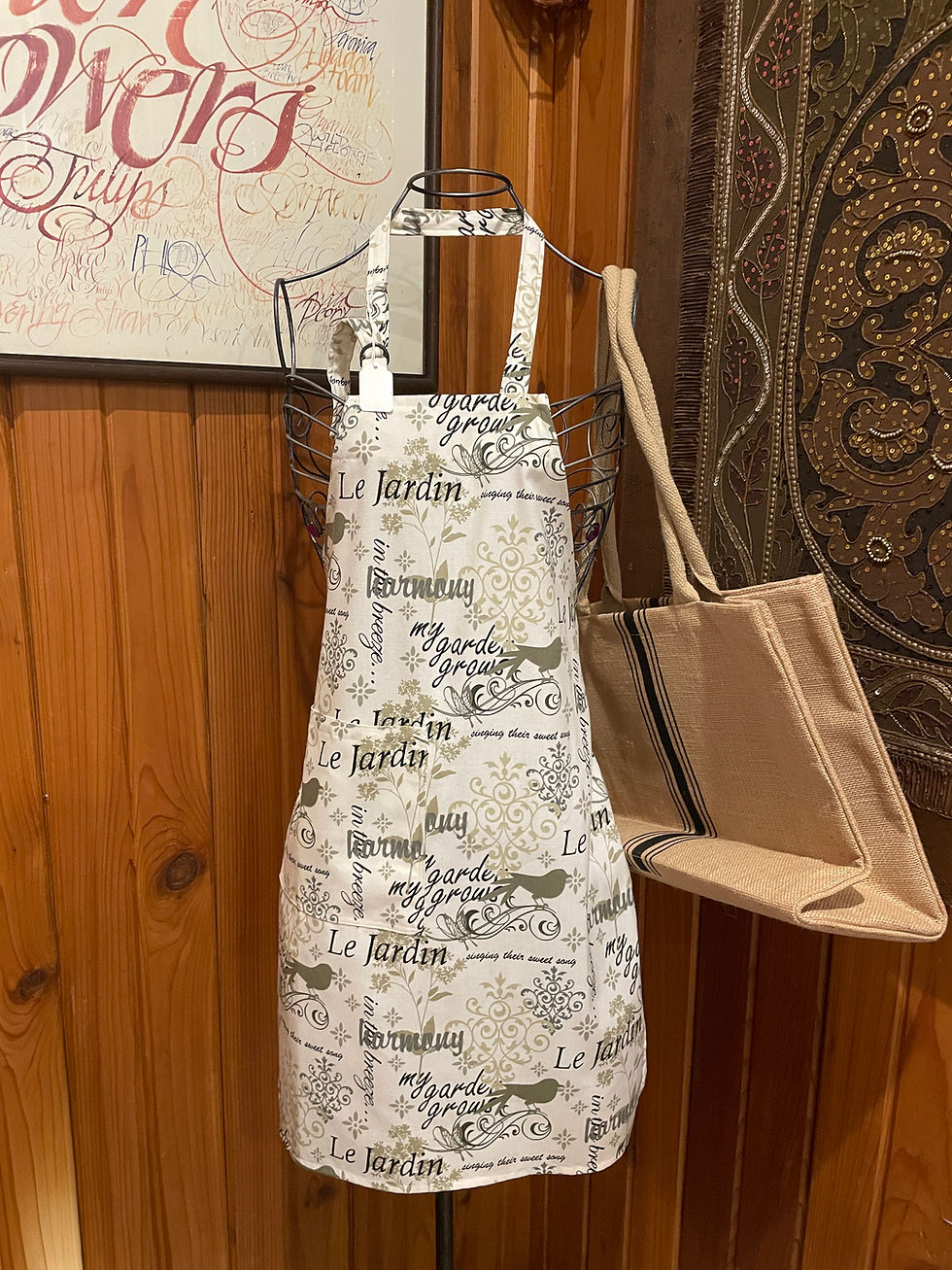Yarrow Seed
Achillea millefolium
Also Known As:
Milfoil, Nose-Bleed, Woundwort, Carpenter’s Weed, Thousand Leaf, Staunchweed, Plumajillo
Family:
Asteraceae
Growing Information:
Perennial
Zone 3-10
1-3 feet
Full Sun to Light Shade
Native to:
Temperate areas of the Northern Hemisphere including Europe, Asia, and North America
Natural Habitat:
Open fields and roadsides in moderately rich well drained soil
History:
From ancient times, yarrow (Achillea millefolium) has been associated with the healing of wounds and the stemming of blood flow. According to legend, during the Battle of Troy Achilles stopped the bleeding of many of his fellow warriors by rubbing the crushed herb on their wounds after the centaur Chiron shared the knowledge of its healing powers. The Greeks honored this mythology by calling the herb achilleios (meaning ‘of Achilles’) which transferred into Achillea in Latin. The species name ‘millefolium’, meaning ‘thousand leaves’ is easily construed when one looks at the plant and its fine cut, fern-like leaves. The leaves themselves have a sweet, earthy smell that has been likened to chrysanthemum flowers. These give rise to a cluster of white flowers that are considered to have a balancing effect on the spirit and signify “Good Health and Healing” in the tradition of flower essences.
Over 2500 years ago Chinese physicians used yarrow to treat inflammation, bleeding, heavy menstrual flow and bites from dogs and snakes. The dried stalks of yarrow were also used in China in I Ching, an ancient divination ritual. A world away, yarrow was used by the Druids to divine seasonal weather in Europe.
In the Middle Ages, yarrow was used in making the mixture called “gruit” which was used in beer brewing before the popularity of hops. Both the flowers and leaves have been used in making various liquors and bitters throughout history.
In North America, colonists valued yarrow for its medicinal uses and helped promote its spread by bringing it with them as they travelled west. It is well documented that Native American herbalists across the continent used yarrow for a plethora of ailments from toothaches and earaches to pain relief and an aid to sleep.
Yarrow is one of the best known herbal remedies for fevers. A hot infusion induces a sweat which cools fevers and expels toxins. The flavoniods in the herb dilate the peripheral arteries thereby increasing blood flow and helping lower blood pressure. The tannins are probably responsible for its ability to heal wounds.
Today:
Cultivation of yarrow in contemporary times is mostly as an ornamental plant. It is frequently used in native plant gardens, wildlife gardens and butterfly gardens. It can withstand mowing and can be used as a ground cover – especially helpful in areas prone to erosion. Fresh yarrow can be added to the compost pile to speed decomposition.
Yarrow continues to have an important place in the medicinal garden of those who rely on herbal medicine. It is commonly used in tea, tincture, poultice and capsule form. It can be found in many skin care preparations for its effectiveness in easing eczema and dry skin. Because it can aid in healing and decrease the flow of blood, it has been used as an herbal remedy for hemorrhoids. It can also be used post-partum to tone the uterus. Yarrow contains salicylic acid, a well known skin toner. One often used herbal remedy combines yarrow with elderflower and peppermint as a treatment for colds and flu symptoms. It remains one of the best herbs for breaking a fever.
Yarrow flowers can be dried and used in crafts and make a nice filler for fresh flower bouquets.
Parts of the Plant Used:
All aerial parts including flowers.
Constituents:
Volatile oil, flavoniods, tannins, coumarins, saponins, amino acids, salicylic acid
Actions:
Diaphoretic, hypotensive, astringent, diuretic, antiseptic, anti-tussive
Preparations:
Infusion: Pour 1 cup of boiling water over 1-2 teaspoons of the dried herb; let steep for 10-15 minutes. Drink hot 3 times a day to fight flu-like symptoms or more frequently to induce sweating and break a fever. Drink tea cold to aid in digestion and as a skin toner.
Caution:
In rare cases, yarrow can cause skin to become sensitive to the sun. If taking internally, begin in low doses. Not suggested for use in people with low blood pressure.
Yarrow - Herb Seeds
Perennial



























